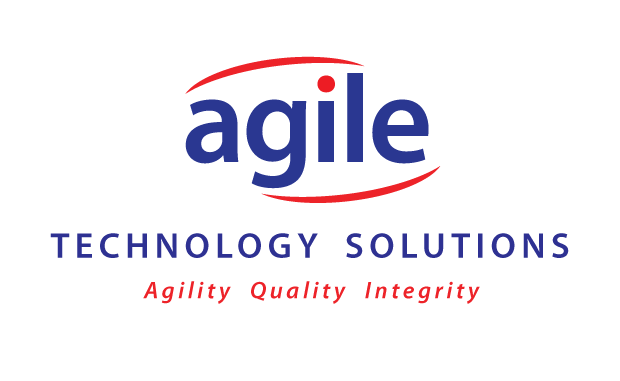Real time Oracle data & database replication
Dbvisit Replicate is a comprehensive and flexible software tool bringing affordable logical replication solutions to organisations using Oracle databases and really is a smart alternative to one-size-fits-all replication product from a specialist replication vendor. There are 3 editions of Dbvisit Replicate based around your business environment and particular needs. It is ideal for DATA MIGRATIONS, REPORT OFF-LOADING for performance, feeding department and division applications, and SHARING DATA across the enterprise.
DBVISIT REPLICATE shares, distributes, migrates and offloads data processing workloads to alternative databases and server platforms. This delivers significant benefit at the infrastructure layer by minimizing downtime, delivering operational cost savings and facilitating real time business reporting.
A real alternative to Oracle GoldenGate and Oracle Streams products; delivering the full power and potential of database replication at an affordable price.
Data distribution using Oracle database replication is the process of synchronizing data across multiple database servers, providing a way to maintain up-to-date copies of data in multiple databases simultaneously. It also provides the ability to share, distribute, synchronize and consolidate data in real time. This provides many opportunities to extend the availability and usefulness of data including:
- Load balancing and performance improvement
- Making transactional and reference data available at multiple locations
- Synchronizing data between applications, organizations or sites
- Providing data for test systems
- Providing applications and users with subsets of data for performance and security purposes
"The following diagram illustrates one possible data distribution scenario including consolidation of data from multiple remote sites, and the dissemination of data from the primary site (bi-directional)"
Examples of data distribution adding value:
- Production databases can be replicated across multiple database servers (local or remote), supporting the delivery of high availability and load balanced solutions.
- Data collected by remote offices, regions or stores can be sent to head office and consolidated in real time.
- Data can be synchronized with partners, suppliers and associated organizations.
- Reference data (e.g. product information and pricing) can be maintained centrally and distributed to stores and remote offices.
- High speed and high volume online transaction processing systems can be provided with a subset of the data they need to deliver their functionality, without the need to access the full, potentially slower, database.
- Changes in one system can be sent to another system to initiate activity there, delivering elements of workflow control and inter-system communication. For example, data from a manufacturing system can be sent to the quality control system as each item is manufactured.
- Live transactional data can be distributed to a remote database for reporting purposes. This offloads the considerable processing effort associated with report generation to a separate database and allows the online database to support higher transaction volumes (refer to OFFLOAD REPORTING for further details).
- An up-to-date copy of a production database can be maintained on a different database platform. This allows organizations to deploy integrated solutions with different database management systems (e.g. Microsoft Reporting Services against a SQL Server database that is replicated from a source Oracle database).
- By continually applying updates from the source database, large database migrations can be performed with minimal downtime (refer to DATABASE UPGRADE for further details).
- A copy of a production database can be maintained for the purposes of solution testing, including regression and build testing, as well as user acceptance testing.
- Live changes can be extracted from the source database and made available for transformation and loading into a data warehouse, significantly reducing the time delay, processing effort and shortcomings of a traditional overnight batch approach to ETL.
What Now ?
Want to learn more?
- Request more information
- Arrange a web demo
- Arrange free trial
- Request Discounted Pricing
- Help understand the £ savings v
- Oracle SE v EE
- Is it right for me



Oracle 11g the end is nigh!